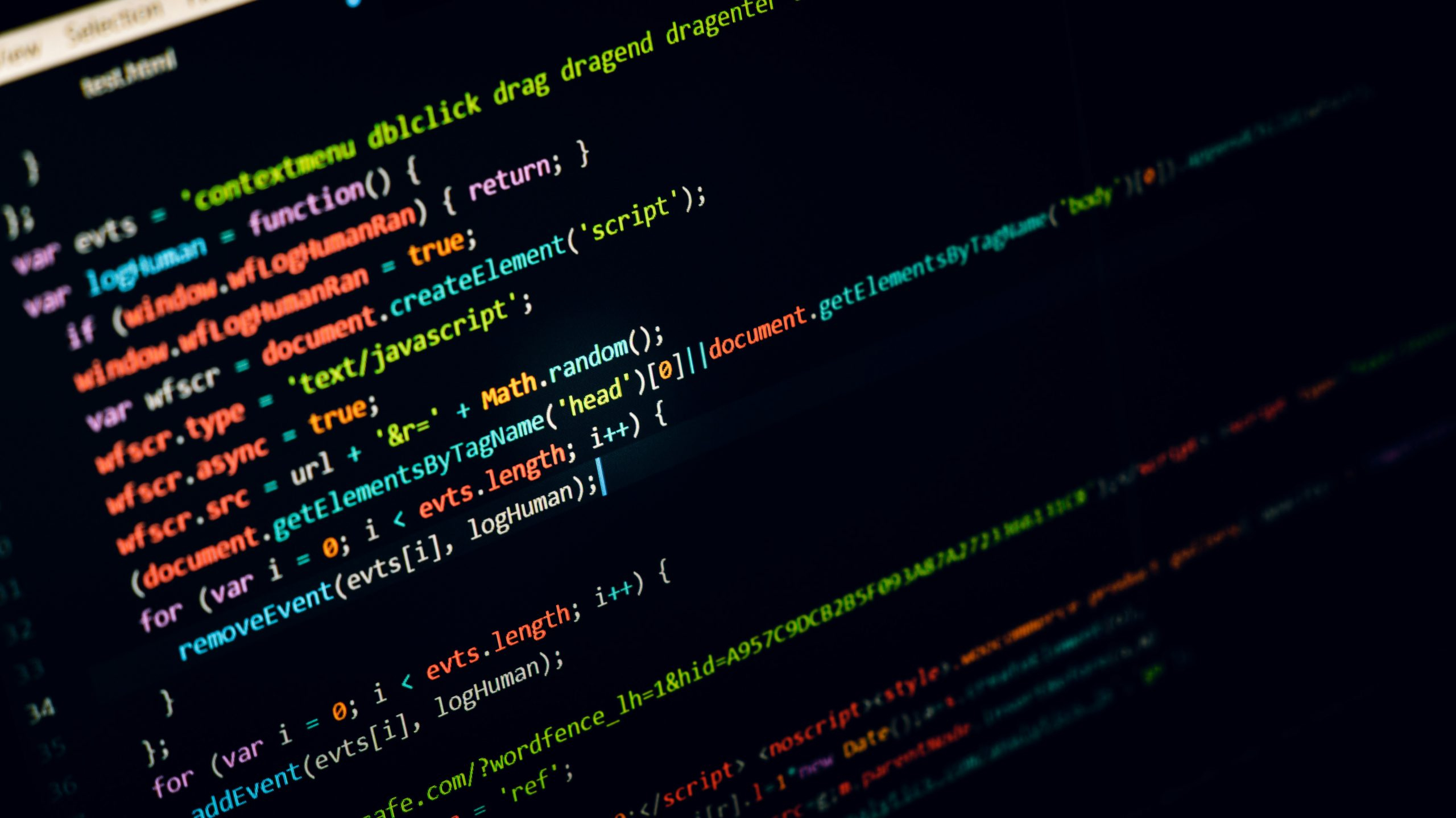The growing impact of artificial intelligence tutors
Imagine having a personal tutor available at any time, adaptively guiding and customizing learning according to your individual needs. Sounds like a dream come true, right? Well, thanks to the advancements in technology, this dream is slowly turning into a reality. Artificial intelligence (AI) tutors are the new game-changers in the education industry, revolutionizing the traditional methods of learning. With their growing impact, AI tutors are reshaping the future of education, bringing about a paradigm shift in the way students learn. Let’s delve deeper into the world of AI tutors and explore how they’re transforming the way we learn and grow as individuals.
The rise of AI tutors
Artificial intelligence has been making waves in various industries, from healthcare to finance and now, education. The concept of AI tutors is relatively new, but it has been gaining momentum in recent years. These intelligent systems leverage machine learning algorithms, natural language processing, and cognitive computing to provide personalized learning experiences to students. With the rise of virtual learning, especially in the wake of the ongoing pandemic, AI tutors have become the go-to solution for many students and educational institutions.
Personalized learning at its best
One of the biggest advantages of AI tutors is the ability to deliver personalized learning experiences. This means that these systems can assess a student’s abilities, learning styles, and knowledge gaps to curate customized lessons accordingly. With AI tutors, students no longer have to follow a one-size-fits-all approach. It enables them to learn at their own pace and focus on topics that they struggle with the most. By analyzing and adapting to a student’s progress, AI tutors make learning more engaging and effective.
Enhancing critical thinking and problem-solving skills
The traditional approach to education has often been criticized for promoting rote learning, where students simply memorize information without truly understanding it. AI tutors, however, strive to change this. By providing personalized learning experiences, these systems encourage students to think critically and solve problems on their own. Through interactive activities and simulations, AI tutors help students develop essential skills, such as analytical thinking, creative problem-solving, and decision-making. These skills are crucial for success, not just in academics but also in the real world.
Empowering students and teachers
The use of AI tutors is not limited to just students; they also have a significant impact on teachers. With AI, teachers can automate administrative tasks, such as grading and lesson planning, giving them more time to focus on individual student needs. Furthermore, AI tutors can identify trends in a student’s learning patterns, giving teachers insights into areas that may require more attention. This enables teachers to provide more targeted and effective guidance, fostering a stronger teacher-student relationship.
Inclusivity and accessibility in education
Another vital aspect of AI tutors is that they promote inclusivity and accessibility in education. These intelligent systems are designed to cater to students with different learning styles, abilities, and circumstances. For students who may require special accommodations, such as those with learning disabilities, AI tutors can provide a personalized and supportive learning environment. Additionally, with the increasing adoption of virtual learning, AI tutors make education more accessible, breaking down geographical and financial barriers.
The future of education with AI tutors
As technology continues to evolve, so does the potential of AI tutors in education. The future of education with AI is limitless. With the ability to collect and analyze vast amounts of data, AI tutors can predict and adapt to future learning needs. This means that education can be more proactive, rather than reactive, in addressing students’ learning needs. Moreover, with the integration of virtual and augmented reality, AI tutors can provide immersive learning experiences, making education more engaging and interactive.
The human touch in education
Despite the growing impact of AI tutors, there are still valid concerns about the role of technology in education. Some argue that AI tutors may replace the human touch in education, diminishing the value of face-to-face interactions between students and teachers. However, the use of AI in education should not be seen as a replacement, but rather a complement to traditional teaching methods. The human element remains an essential aspect of education, and AI tutors can support and enhance this aspect, rather than replace it.
In conclusion, AI tutors are transforming the education landscape, bringing about personalized and inclusive learning experiences for students. With limitless potential, these intelligent systems are poised to revolutionize the way we learn and grow. As AI continues to evolve, its impact on education will only grow stronger, empowering students and teachers and enabling them to unlock their full potential.










